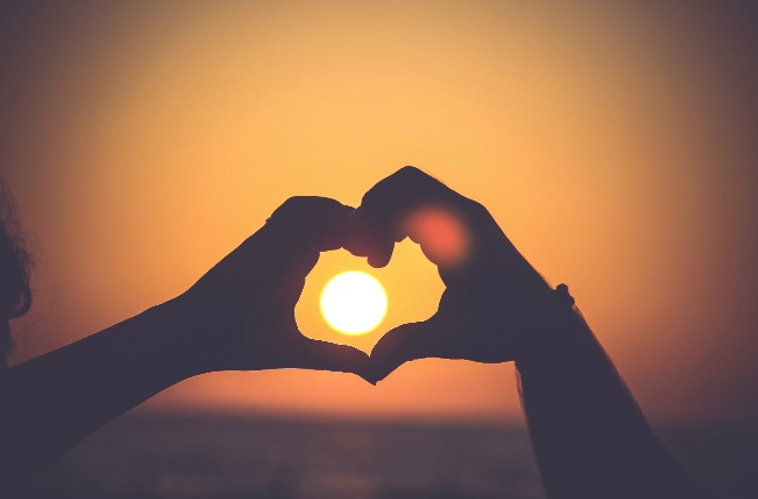MEDIA WATCH- Lately, I have been reflecting on what I have in common with extremists. It turns out that the list is longer than one would think. I hold their same passions for change, an ability to withstand discomfort–put more bluntly, tolerance for risk of pain that some term masochism–and I share a lack of tolerance for passivity and denial. Extremists are people of action. I am a person of action. I empathize with their demand to be heard and seen. They want us to feel their pain, even to the point of killing us to further their cause. As a pacifist and humanist, where I differ radically is in the choice of tactics.
As recent events in Nashville so painfully point out to us all, we enter a time of real danger to society (and by extension to our democracy as a whole) as we make the transition of power to the incoming Biden Administration. The Southern Poverty Law Center Hate Map shows that since the year 2000, hate groups have increased from 599 to 940 in 2019. My own state, Oregon, boasts 15 groups and Portland finds itself surrounded by and infused with hate, in situ and imported.
“What can be done?” many are asking about so many of our societal failures. This type of questioning often leads to a response of learned helplessness and a return to apathy. “Nothing,” we conclude and so we return to distracting ourselves from the very real problems screaming for our attention.
Victor Frankl, my mentor in all things human, observed in the concentration camps he survived that some men, when given power, used this to harm others, influenced by the brutality surrounding them. He writes, “only slowly could these men be guided back to the commonplace truth that no one has the right to do wrong, not even if harm has been done to them.” And so, it is with domestic terror and hate groups–the fear they create gives them great power over us, the terrorized. This is the point of their terror.
As I learned in grassroots organizing, it is good to acknowledge the things you cannot control (e.g., the hate that domestic terrorists might inflict, the lack of control we have over the behavior of others in the pandemic), because it gives you power over them to name them. Then, you follow by immediately making your own individual plan for action regardless. In this time of great darkness, there must also be an opposing force of light. That force must come from us. This is why I write to you today.
Here’s how we start, if you are willing. Look inward. What are the ways we “otherize” our opposing side, no matter which “side” you are on? This is where the battle must be fought. In all of us, for our empathy, for our kindness, for our love, for our patience, for our complexity as humans. But mostly for our action. It is our inaction that puts us into such great peril.
In medicine we are taught the first principle of healing is to first to do no harm. But what if great harm has already been done to so many? This guilt over our collective inaction cannot define what it is that we do today.
Today is a new day, a new year. My wish is this: that we love with the same intensity that others hate. As Alicia Garza, one of the founders of the Movement for Black Lives and originators of the phrase “Black Lives Matter” writes in The Purpose of Power, “To be the kind of movement that we need, to get the things that we deserve, we cannot be afraid to establish a base that is larger than people we feel comfortable with.”
This is what can be done. Take your own 10,000-foot view. What will you do in the days ahead to safeguard the peaceful transition of power in our democracy? What will you do to bring much needed change to a wounded neighborhood? The solutions must be local and in this way we will heal the collective whole.
Let’s all start inside ourselves by choosing love over hate. Today and every day. We may have more dark days ahead, but I will not let my light be put out. I will not allow fear to drive my decision making. I will remain steadfast to the teachings of my profession that if we first do no harm, then healing can take place. But, we must also stop the violence by all sides, by all activists and by police, for there to be no harm.
Please join me in this new year’s wish–love over hate, action over inaction, democracy over tyranny. In this increasingly complex world, some answers come surprisingly profound and simple.
I leave with you the ancient words of the poet Rumi, “Out beyond ideas of wrongdoing and rightdoing, there is a field. I’ll meet you there.”
I am going there. I hope that you will meet me there too.
(Saskia Hostetler Lippy, MD, is a psychiatrist and community activist in practice in downtown Portland and has been volunteering to provide psychological first aid to those involved in the Portland protest movement and is a field monitor for the TRUST network.)
-cw






